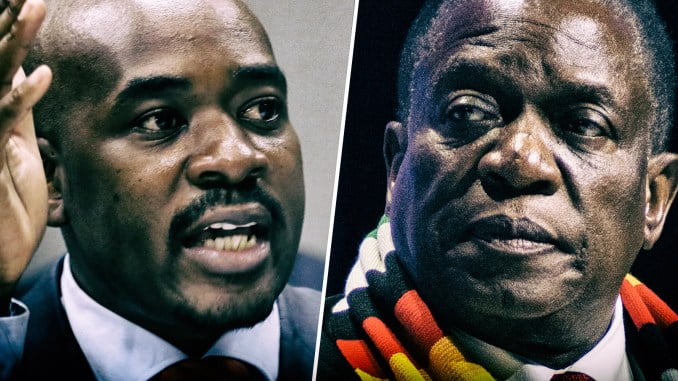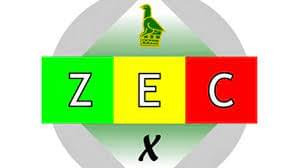A recent survey conducted by the Public Policy and Research Institute of Zimbabwe (PPRIZ) reveals that at least 77% of Zimbabweans desire change. The survey, released in July ahead of the upcoming general elections on August 23, involved registered voters, accounting for 82% of the respondents.
According to the survey, 67% of registered voters expressed their likelihood to participate in the forthcoming election, while 9% confirmed their decision not to vote. Notably, the majority of Zimbabwe’s electorate (65%) resides in rural areas, which is expected to have a significant impact on the election outcome. The survey indicates that a larger proportion of potential voters (53%) from rural areas are inclined to vote compared to urban areas (47%).
While ZANU-PF traditionally enjoyed substantial support in rural regions during the 2018 elections, opposition leader Nelson Chamisa of the Citizens Coalition for Change (CCC) has made inroads into these strongholds during this year’s campaign, despite facing resistance in some cases.
The survey also highlights challenges in farming communities where ZANU-PF has historically received overwhelming support. Many farmers in these areas credit ZANU-PF for land redistribution and express concerns about the opposition returning land to “the whites.” Additionally, there is a prevailing belief that the opposition is responsible for the imposition of sanctions, which has led to the country’s economic challenges. President Emmerson Mnangagwa echoes this sentiment in his campaign rallies.
Access to media in rural and farming areas is limited to state-controlled newspapers and radio stations. While some residents resort to shortwave radio to seek alternative perspectives like Voice of America, openly listening to pirate radio stations critical of the government is considered taboo.
In Cowdray Park, a new constituency where Finance Minister Professor Mthuli Ncube is campaigning for ZANU-PF, allegations of vote-buying through infrastructure projects and social initiatives have arisen. This constituency, the largest in Matabeleland with 70,000 residents, will test the traditional urban stronghold enjoyed by the opposition in the city.
The PPRIZ survey also indicates that while some people may accept bribes, it may not significantly alter their voting preferences. Of the respondents, 44% stated they would refuse bribes and vote according to their conscience, 40% would accept bribes but still vote independently, 11% would accept bribes and vote for the briber, and 5% remained undecided.
Overall, there is anticipation for change among the electorate, although there are reservations about the credibility and sincerity of politicians. Many Zimbabweans are seeking a shift in leadership, drawing inspiration from recent governmental changes in neighbouring countries such as Malawi and Zambia. Multiple opinion polls predict a close race between Mnangagwa and Chamisa, raising concerns about potential political violence following the announcement of the election results.
Source Harare Live










